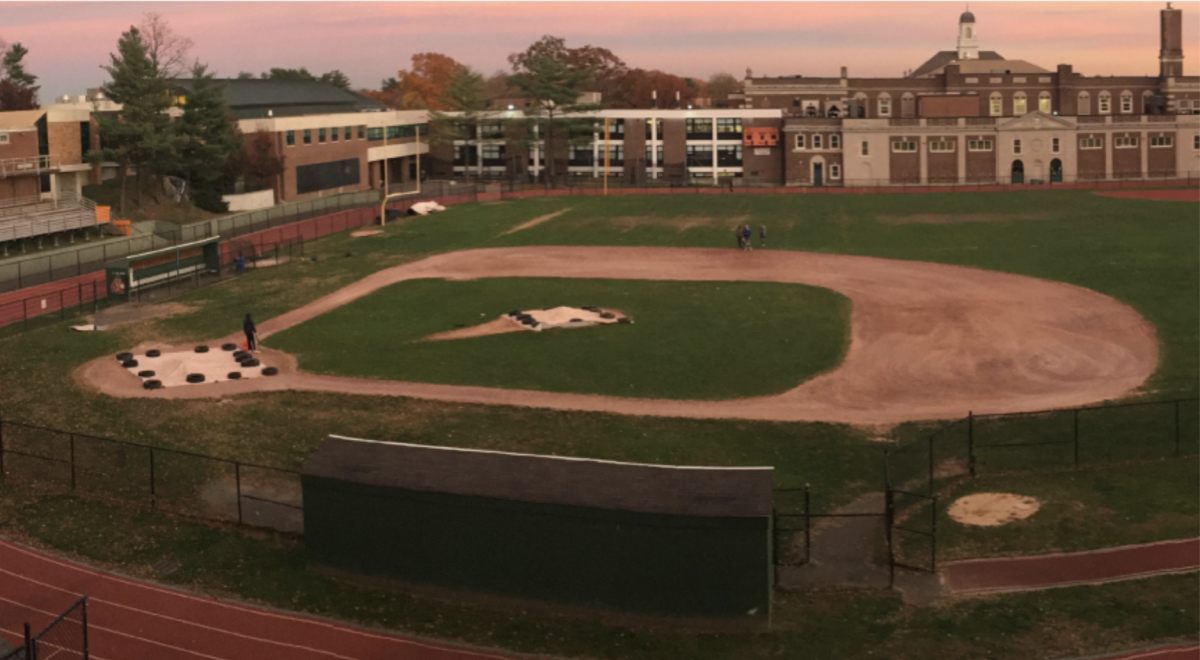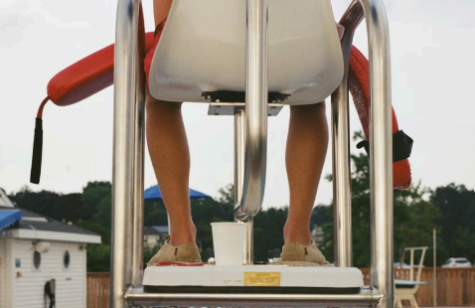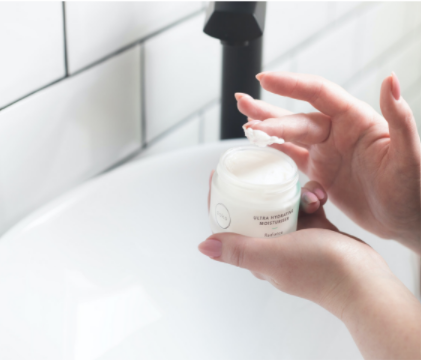Don’t Let Holiday Assignments Creep Up On You
Relax and recharge this break, but plan out how you’ll complete your assignments too!
Photo Courtesy of Educator Clips
Assignments begin piling up as we approach the holiday vacation.
December 31, 2021
For hard-working and busy Mamaroneck High School students, the holiday break is a much-needed period of relaxation and fun. Endless homework and studying is supposed to come to a 10 day hiatus. However, this is not always the case. The normal stressors in everyday life can’t just be put on hold; there is always something that needs to be done over break. But how does one enjoy holiday break while still being productive?
By the time December 23 rolls around, everyone seems to have checked out from their regular lives. But after the New Year’s celebrations have died down, a harsh reality greets every procrastinator: life is beginning again. Of course, the easy solution would be to simply make sure everything gets done in time. But this is easier said than done. As a result, many people come back from holiday break feeling anxious and stressed, instead of rejuvenated and ready-to-go.
In an article for Psychology Today titled “How to Best Use Winter Break,” therapist Rob Danzman emphasizes the importance of making a plan and structuring your days. For high school students, this is key for getting assignments completed. If one has scheduled exactly when they are going to study 20 SAT words, they are more likely to do it than if they were to just vaguely say “I’ll do it later.” This year, schools reopen relatively early on January 3rd, so it is more important than ever to not let assignments drag on over many days.
For advice directly related to Mamaroneck High School, the Globe consulted English teacher Linda Sherwood, who has experience in giving multi-week assignments. Ms. Sherwood is a strong proponent of getting as much prep work done as soon as possible, even if it is at the very beginning of the break. As she puts it, “you have to do the scaffolding.” A large part of feeling confident about your work is knowing that it’s off to a strong start, so following Ms. Sherwood’s advice can save you stress later on. For example, if the assignment is an essay, have an outline ready along with an introduction paragraph before break begins, or right at the start. This method places students who would prefer to put off work until the end of break in a good place come January.
As dreaded as it is, the majority of students have a long list of tasks they need to accomplish before they return to school. Following Dr. Danzman’s advice on making a plan is essential to completing all of one’s tasks.
However, when it comes to planning a schedule out, confusion can arise. A study from the American Psychological Association titled “Multitasking: Switching costs” shows that attempting to complete multiple tasks at once makes you less productive, not more. The study explains the negatives involved with constantly switching between tasks, including how it can slow down your overall work rate. So, when creating a work plan for holiday break, space time out for assignments so that too much is not being attempted at once. To be most efficient, focus on one thing at a time.
Enjoy the holiday break. Make the most of it: spend time with friends and family, eat great food, and appreciate being out of the classroom. Being happy over the holidays is incredibly important. But if essential tasks are put off until the end of break, all that happiness will quickly wane. So make a plan, space out assignments, and get essential tasks done first.

















